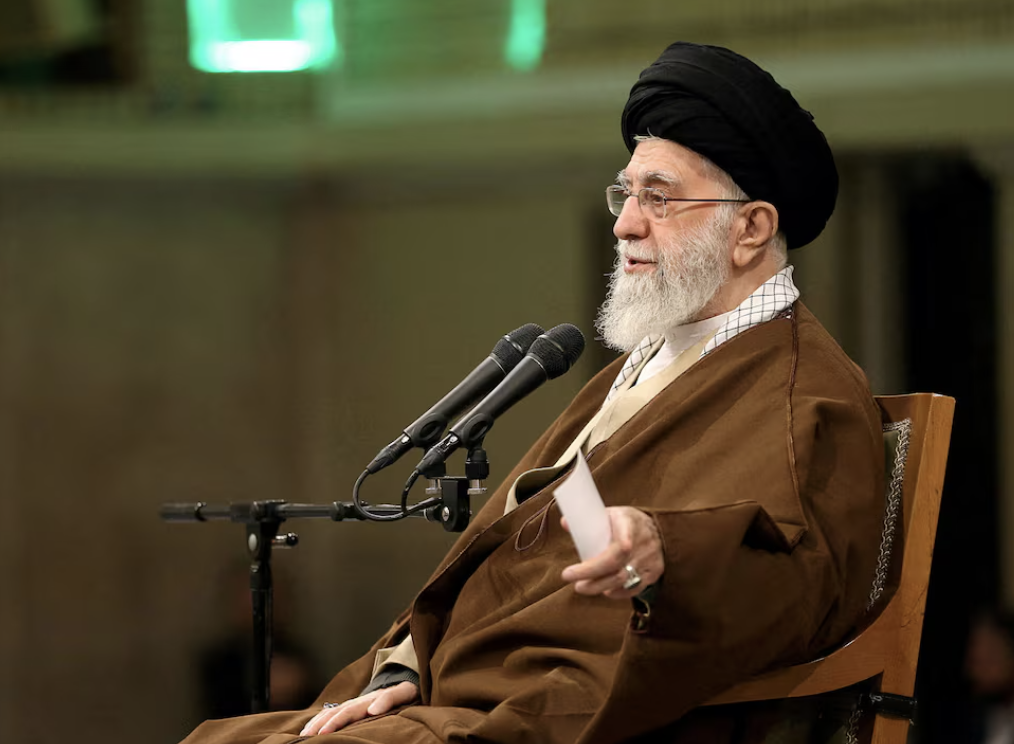Iran Rejects Direct Talks, Seeks Indirect Channel via Oman
 iran
iran
Iran has refused U.S. demands for direct negotiations on its nuclear program and warned regional states that they may be targeted if they assist the U.S. militarily, according to a senior Iranian official speaking to Reuters on condition of anonymity.
While U.S. President Donald Trump had called for direct engagement, Tehran prefers indirect diplomacy through Oman, a long-time intermediary between the two rivals.
“Indirect talks provide an opportunity to assess Washington’s seriousness about a political solution to Iran,” the official stated, noting that although the process may be “thorny,” it could begin soon if the U.S. supports it.
The Iranian official also confirmed that Tehran has issued warnings to several neighboring countries — including Iraq, Kuwait, the United Arab Emirates, Qatar, Turkey, and Bahrain — urging them not to allow their airspace or territory to be used by the U.S. military in any potential attack on Iran.
“Any support for a U.S. strike, including the use of airspace or territory, would be viewed as an act of hostility and would have serious consequences for them,” the official warned.
The source also confirmed that Supreme Leader Ayatollah Ali Khamenei has placed Iran’s armed forces on high alert, in anticipation of possible escalations.
Mixed Regional Responses to Iran’s Warning
Governments in Iraq, Kuwait, the UAE, Qatar, and Bahrain were contacted for comment. Turkey’s Foreign Ministry stated that it was unaware of any such notice, but acknowledged that such communications could have been relayed through non-public diplomatic channels.


